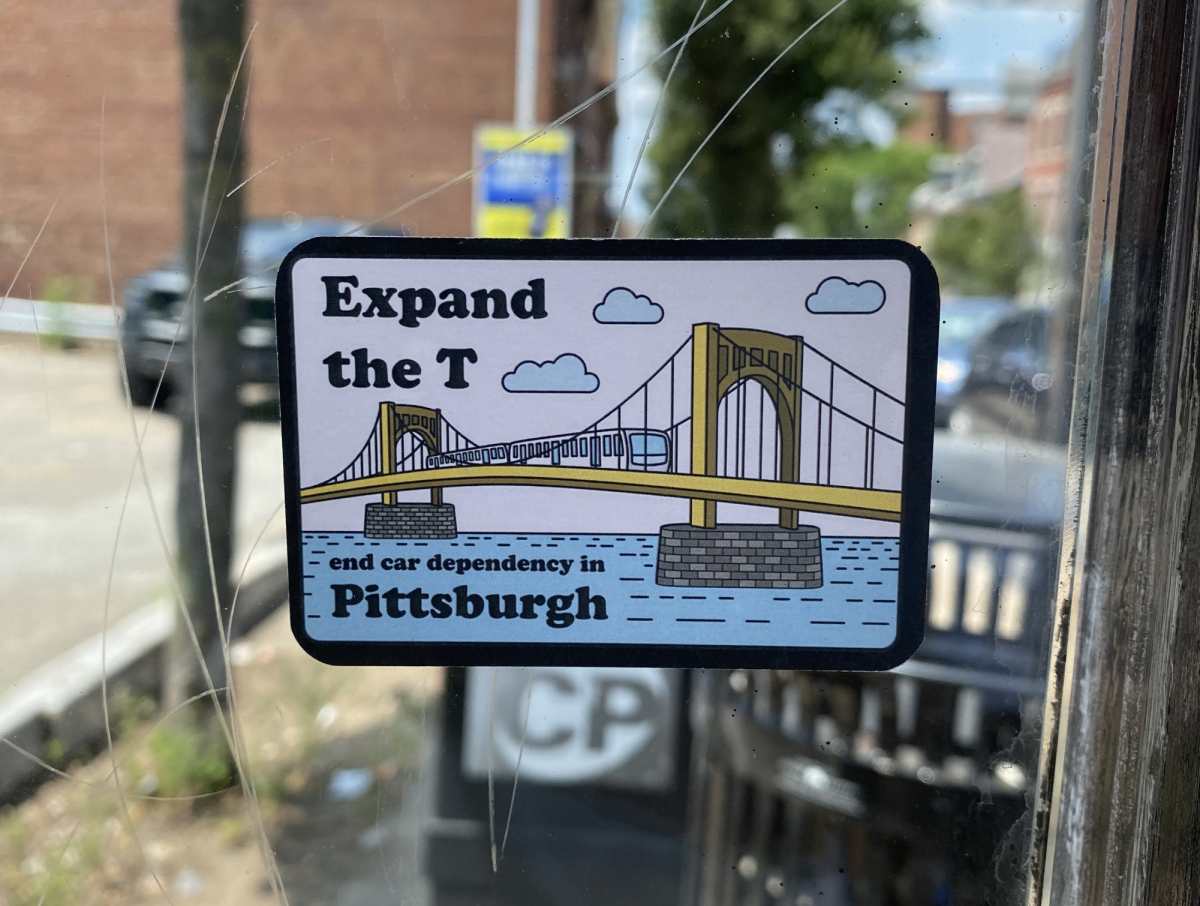
When you or someone you know has an eating disorder or disease, it’s easy to read all the ingredients on labels out of habit. But what about most of us, who are lucky enough to eat whatever we want without reading the labels? Well, calling us lucky is a bit naive to begin with.
It’s easy to get caught up in being “the greatest country” on the planet, but is America truly the greatest? We seem to have slipped the ranks in a few areas, and one of those slippery slopes that we have fallen victim to deals a lot with our health: genetically modified organisms, or GMOs.
When a plant or animal has been genetically modified, scientists have changed its genes in some way. They use DNA from different living species, bacteria, or viruses and inject them into the plant or animal so they can resist disease or be tolerant to pesticides.
This is not to be confused with “selective breeding,” as farmers do with their crops, because that is still a natural occurrence happening through reproduction. GMOs do not occur naturally.
As many of you know, the United States is all about the use of genetically modified food. The Library of Congress’ website even states that the United States is “the leading producer of genetically modified crops” and has no “federal legislation that is specific to genetically modified organisms.” GMOs are also “not restricted categorically,” meaning they are thought of as a regular “conventionally bred” plant. So basically, the government doesn’t care what is being engineered into our food.
According to Mother Jones, it’s in your milk (as RGBH, recombinant bovine growth hormone injected into cows to increase their milk production), corn, squash, zucchini and “all-natural” labeled foods (since there isn’t a complete definition on what a natural food is).
Before you start to state your case for (and I mean for as in you’re on the affirmative side) genetically modified food, I want you to know that in the European Union (and other countries) RGBH is banned, along with many of our GMOs such as corn, soybeans, sugar beets, and cotton.
So here’s the kicker: shouldn’t we have the right to know what exactly is in our food, genetically engineered or not? Well, the answer is really no, because in the United States, it isn’t really required to let us know that what we’re eating may not be safe (even though we’re being told that it is safe for consumption).
You may have seen the recent commercials for Monsanto’s “Food is Love” campaign. This is public relations at its finest, trying to persuade you that GMOs are fine and dandy. It actually says on their website that they “oppose current initiatives to mandate labeling of ingredients developed by GM seeds.” We have a right to know exactly what is going into our food. To say they oppose something that should be going on a label is preposterous. What do they have to hide about their GM seeds?
It’s mandatory for GMO food labeling in Europe. Why isn’t it here?






